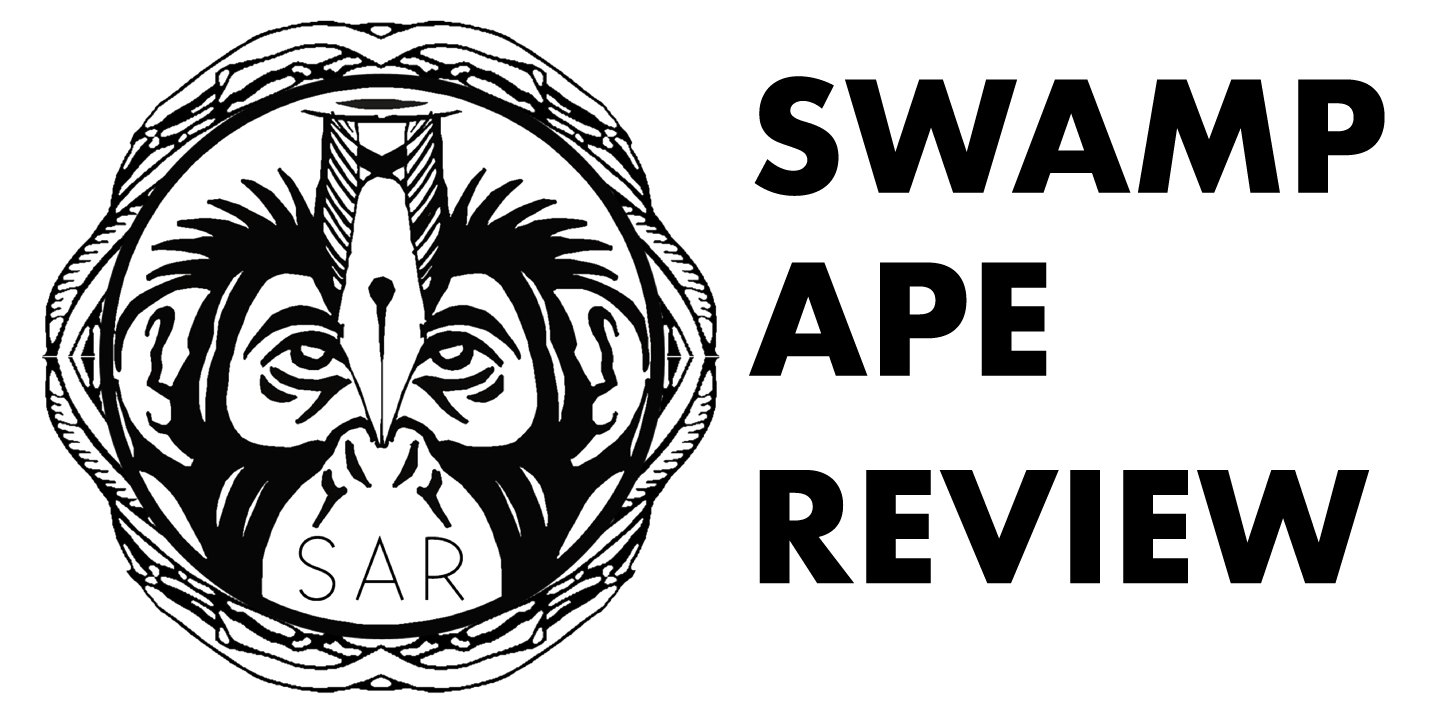Letter from the Editor
Dear Reader:
South Florida’s story is, in part, one of a swamp being drained. In the early 20th century when Flagler’s railroad provided passage for America’s wealthy to buy up the tropical landscape, it became clear the “diseased” space of the swamp would need to be transformed, and South Florida was reinvented as a tourist destination–canals dug to drain water, wetlands dredged to make room for homes, and native species driven to extinction. Yet, despite these efforts, the swamp has endured and the wild bears down upon us: mosquitos find their way through backyards, mangroves still hug the sand to the shores, and saltwater spills onto our streets.
To live here is to embrace this tension, this mystery of a home designed for visitors, this beauty of a swampland that in some regard remains unknown–the Everglades are one of the few places in the world crocodiles and alligators might see each other. Our 2020 issue shows work that emblemizes this tension, the beauty of this uncertainty and mystery–a cornfield found new each time it is revisited, a soul posing as a seagull to keep up friendships, groups of goblins and rabbits caught in ritualistic dancing. In our South Florida feature, you’ll hear about the ocean’s rise forcing the next generation to grow gills.
I’m honored to share in the efforts of a staff who volunteered time amidst busy grad school lives to publish work they believe in. Alongside our print issue, we are happy to announce Swamp Ape Quarterly. Please look forward to regular updates including new writing as well as book reviews and features about life in South Florida.
SAR works to preserve the strange in the literary, much as we like to see our swamps survive. It is easy to gloss over submissions that resist expectations, yet the pieces that spoke to our editorial staff have things to say to each other, and we work to illuminate these connections. I invite you to peer into our swamp–a space filled with wonders that might not have been seen otherwise.
Daniel Graves
Managing Editor, SAR

